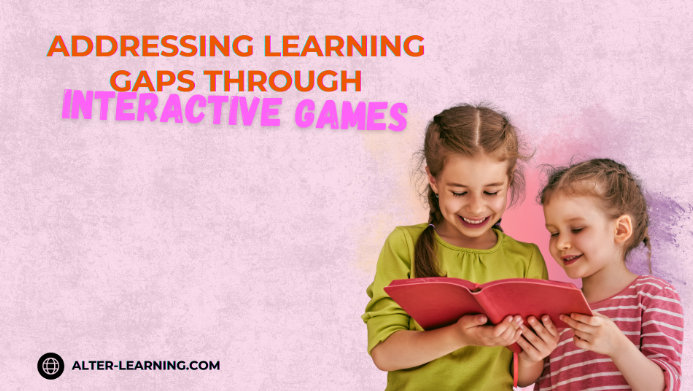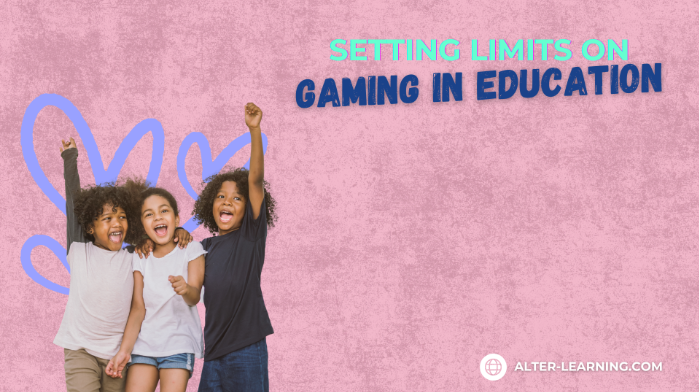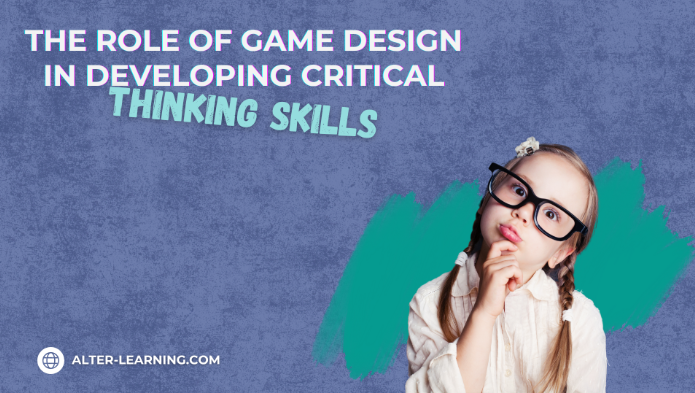As schools and community organizations become more technology-driven, the role of the social worker is evolving. Today’s school and youth-centered social workers often need more than counseling skills—they’re also expected to navigate educational platforms, use data systems, and incorporate digital tools into support plans. Technology can open powerful pathways to help students and families—but only if social workers are trained to use it confidently and effectively.
Professional development in educational technology isn’t just for teachers. For social workers, training in tech use can enhance intervention strategies, improve communication with families and school staff, and expand access to student-centered resources. When paired with platforms like Alter-Learning, technology can support emotional development, mental health, and inclusive learning.
Why Tech Training Matters for Social Workers
Technology in education is no longer optional—it’s an integral part of how students learn and how professionals support them. Yet many social workers report gaps in their preparation for using educational tech tools.
With targeted training, social workers can:
- Leverage digital tools to support social-emotional learning (SEL),
- Use data dashboards to monitor student progress or well-being,
- Collaborate more effectively with educators using shared tech platforms,
- Identify and refer students to digital resources for mental health and life skills,
- Ensure that technology use remains accessible, equitable, and trauma-informed.
When properly trained, social workers can use technology to amplify their impact—without losing the human-centered focus of their role.
Tools That Can Enhance Practice
Professional development should go beyond how to operate devices. Effective training covers how to integrate technology into case management, support services, and student engagement strategies.
Here are examples of tech-based tools and approaches that can support school and youth social workers:
- Interactive VR simulations, such as digital wellness environments that help children express emotions and learn coping strategies,
- Gamified SEL platforms, offering personalized experiences that help students build confidence, emotional regulation, and resilience,
- Teacher dashboards, where social workers can track student engagement or progress and intervene when needed,
- Collaborative games, encouraging peer support and social connection in a structured environment,
- Culturally responsive content, allowing social workers to introduce inclusive narratives and tools that reflect student identity.
Alter-Learning’s suite of immersive and flexible experiences includes many of these features, designed with accessibility and SEL integration in mind.
Professional Development with Purpose: How Alter-Learning Can Help
Alter-Learning isn’t only designed for students—it’s also a platform that can support professional learning for those who serve them. With a focus on emotional intelligence, collaboration, and personalized support, games and tools within the platform can be used by social workers to:
- Introduce SEL themes through engaging, game-based learning modules,
- Host wellness sessions in safe, interactive digital environments (e.g. Wellness Center),
- Collaborate with educators and counselors inside the platform’s virtual classroom spaces,
- Explore scenarios and case studies through VR or AR-based modules,
- Engage students who may not respond to traditional forms of support.
Games like the Wellness Center offer personalized activities for self-esteem, goal-setting, and emotional awareness—making them valuable tools for one-on-one or small group work. Platforms like the Hybrid Classroom create shared spaces where social workers and teachers can collaborate and track outcomes across disciplines.
Creating a Culture of Ongoing Learning
Training in tech use should not be a one-time event. Social workers benefit from ongoing professional development that includes:
- Workshops focused on SEL-integrated platforms,
- Peer learning networks, where social workers share best practices in tech use,
- Access to curated game libraries, aligned with developmental goals,
- Collaborative planning with educators, to build tech-integrated support plans,
- Regular updates on platform features, accessibility tools, and user insights.
Alter-Learning’s ongoing support model can contribute to this effort, offering user-friendly updates and content that evolves with the needs of students and professionals alike.
Empowering Support Through Technology
Social workers are often on the front lines of school well-being efforts—and equipping them with the right digital tools can amplify their ability to connect, support, and advocate. With the right training and intentional use, technology doesn’t have to complicate social work—it can extend it.
Platforms like Alter-Learning can be part of this evolution, helping social workers foster emotional growth, provide accessible support, and collaborate more effectively with educators and families. Because in the digital age, learning how to use tech compassionately and purposefully is not a luxury—it’s part of the job.
Follow Alter-Learning for more insights into immersive education, edtech success stories, and the future of learning. Want to explore how VR/AR could transform your school or learning platform? Let’s connect.




